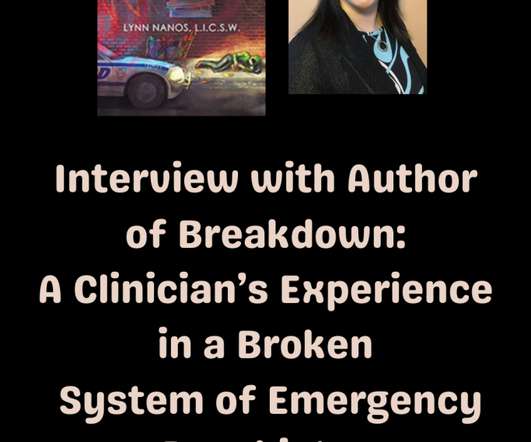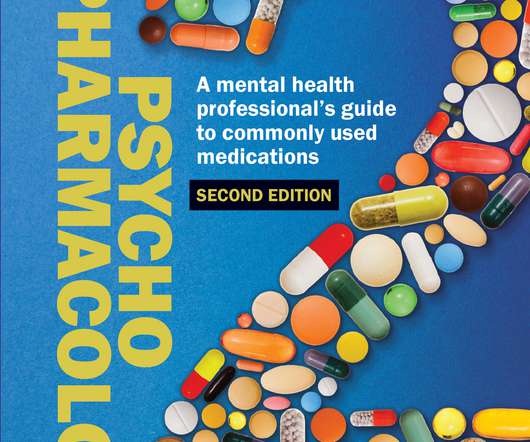Culturally Informed Therapy for Schizophrenia: A Review
Society of Clinical Psychology
DECEMBER 13, 2022
The APA has been a stark and steadfast supporter for the administration of culturally responsive care by all clinicians who practice under its jurisdiction. The administration of culturally responsive care supersedes surface-level cognition by encouraging action against systemic inequities that hinder provider-patient relationships.















Let's personalize your content